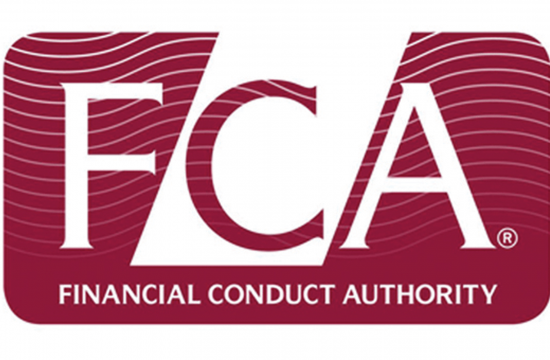OANDA, New York based forex trading serving provider recently revealed in an announcement that it has made a new addition to its APAC region senior level leadership team. As per statement released by the firm…
Regulators Warn Public of Pension Scammer Tactics as…
A new campaign to tackle pension scams launches today as the latest figures reveal that victims of pension scammers lost an average of £91,000 each in 2017. The Financial Conduct Authority (FCA) and The…
MAS Directs Financial Institutions to Tighten Customer Verification…
Singapore, 24 July 2018…The Monetary Authority of Singapore (MAS) has issued a circular to all financial institutions, directing them to tighten their customer verification process. This follows the recent cyber attack at SingHealth where personal…
Former HSBC Forex Trader Headed to Prison
The former head of HSBC’s Global Foreign Exchange Cash-Trading will be spending time in the slammer. The US Department of Justice announced that Mark Johnson, a former forex trader for the European bank, has been…
US SEC Spotlights ICOs
The Securities and Exchange Commission (SEC) recently featured Initial Coin Offerings (ICOs) in their “spotlight” section. While digital currency has currently been deemed a commodity in the USA, and therefore under the jurisdiction of the…




